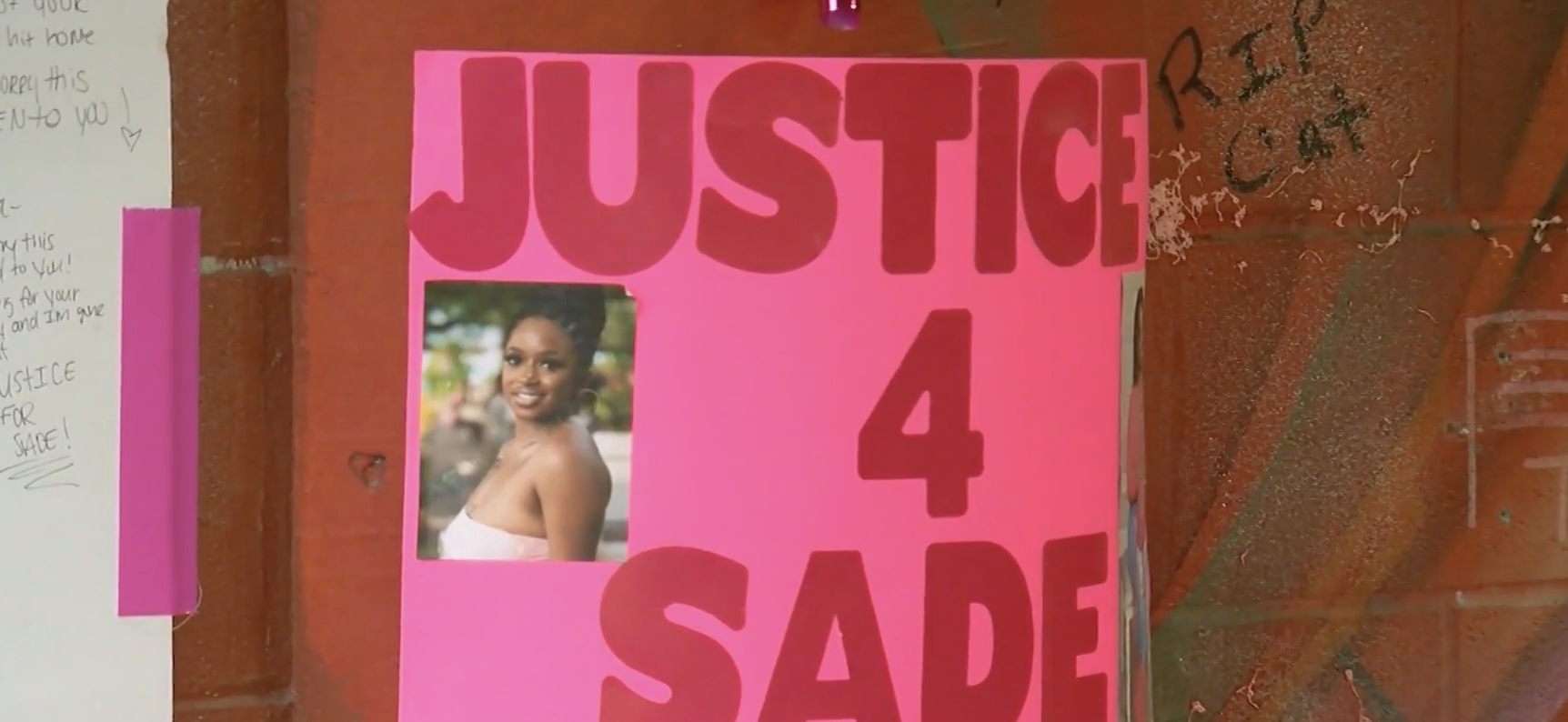If you think those turkey leftovers that didn’t end up in sandwiches are going to waste - well there’s a good chance they’re heading off to save the world. As compost.
Marin County rancher John Wick (no relation to the movie) has a keen interest in composting as a miracle cure for what he sees as solving the Earth’s climate woes.
Sixteen years ago, he and his wife purchased 54 acres of ranch lands in the town of Nicasio, about an hour's drive from San Francisco, with the idea of returning them to their native state.
Step one: Get rid of the cows. Results of step one: Failure.
With the cows gone, Wick watched as weeds began to choke the sloping hills of his property.
Step two: Bring in cutting-edge agriculture guru, Jeff Creque, of the Carbon Cycle Institute.
Creque urged Wick to bring in cows for a few weeks each year to imitate the regular seasonal migration of wildlife along the grasslands. He also advised Wick to begin a light dusting of compost.
U.S. & World
News from around the country and around the globe
Wick divided the lands into five plots - with high-tech instruments to measure moisture and carbon. Some of the plots got a light application of compost - some didn’t.
“Within six months,” Wick said, “what we saw was a significant increase in the grass that was growing in the rectangles of treated plots.”
The plots with the compost began to draw carbon dioxide out of the atmosphere, and into the ground where the plants used it to photosynthesize carbon that went into the ground.
“We were able to increase plant growth enough,” said Creque, “that we captured an additional ton of soil carbon each year following that soil application.”
The really interesting thing is that the grounds treated with that single covering of compost seemed to improve each year - while the grounds that weren’t treated, lost carbon.
Creque said the bonus was the plants drew even more carbon dioxide out of the air, which is considered the prime suspect in climate change.
“It tells us if we could do that at scale,” said Creque, “we could actually affect the amount of Co2 in the atmosphere.”
Since starting the experiment seven years ago, Wick has seen healthier plants return to the plots treated with compost. Several other farms in Marin have now launched their own similar experiments - and there are hopes the movement could spread to other farms.
“[We’re] really trying to look at how we can support these practices on ranches across the state of California,” said Calla Rose Ostrander of the Phoenix Project, “and then really across the country.”
Wick strolled across the grasslands, pointing out the high tech mechanisms measuring the soil makeup, and a bed where he’s creating compost from human waste under a state license.
He wrapped his hands around a clump of grass, letting it ease through his fingers.
“So my conclusion right now,” Wick said, “is this atmosphere is rich with this resource we are undervaluing.”



